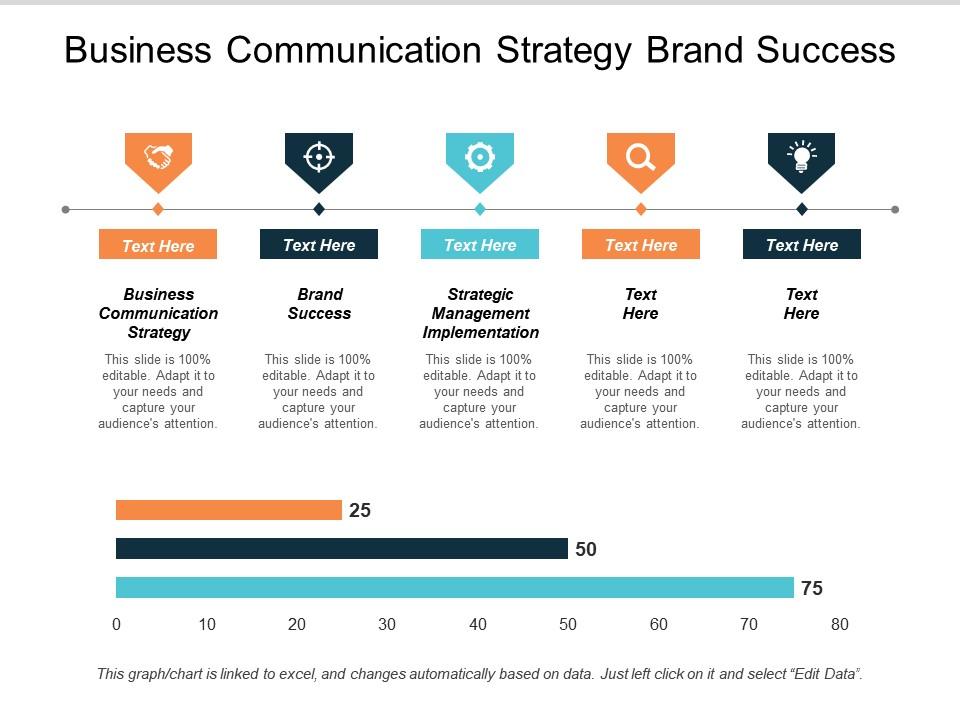By Alusine Fullah
Communication is the key to success in any business. Whether you are trying to sell a product, answer a query or complaint or convince your colleagues to adopt a certain course of action, good communication often means the difference between success and failure. At best, imprecise language, clumsy sentences or long-winded ‘waffle’, whether in speech or writing, will give a poor impression of you or your business; at worst, what you are trying to say will be misunderstood or ignored. In contrast, clear, precise English will be enjoyable to read or listen to, and is likely to evoke the response you want.
We communicate in business for a number of different reasons, and the methods we use will depend on the reasons, the circumstances, and perhaps the people with whom we are communicating. These are some of the reasons why we may need to communicate with others in a business setting:
to pass on information; to persuade people to buy a product or use a service; to discuss an issue; to recommend a course of action; to make or answer a request; to make or answer a complaint; to keep a record of something that has happened or been agreed; to explain or clarify a situation; to give an instruction Clearly, to cover such a variety of situations, you will need to be able to use a range of different methods and styles. Your style and tone are unlikely to be the same if you are making a request, for example, as if you are making a complaint. You are also more likely to speak to someone than to write to them if you want to discuss an issue, whereas a record of something that has happened would need to be in writing.
Business Communication is goal oriented. The rules, regulations and policies of a company have to be communicated to people within and outside the organization. Business Communication is regulated by certain rules and norms. In early times, business communication was limited to paper-work, telephone calls etc. But now with advent of technology, we have cell phones, video conferencing, emails, and satellite communication to support business communication. Effective business communication helps in building goodwill of an organization.
Business communication skills are critical to the success of any organization despite its size, geographical location, and its mission. Business communication is interlinked with internal culture and external image of any organization. So it is the determining factor to communication inside the organization. Good Business communication practices assist the organization in achieving its goal of informing, persuading, favourable relationship, and organizational goodwill. Organizations can only survive if they accept the rapidly changing global challenges and the communication processes are structured and delivered. The present workforce is dynamic in nature so communication is a challenge when executed against the backdrop of culture, technology and competition. The success of any business to a large extent depends on efficient and effective communication.
All such communication impacts business. Done with care, such communication can promote business interests. Otherwise, it will portray the organization in poor light and may adversely affect the business interest. Communication is the life blood of any organization and its main purpose is to effect change to influence action. In any organization the main problem is of maintaining effective communication process. The management problem generally results in poor communication.
Serious mistakes are made because orders are misunderstood. The basic problem in communication is that the meaning which is actually understood may not be what the other intended to send. It must be realised that the speaker and the listener are two separate individuals having their own limitations and number of things may happen to distort the message that pass between them.












